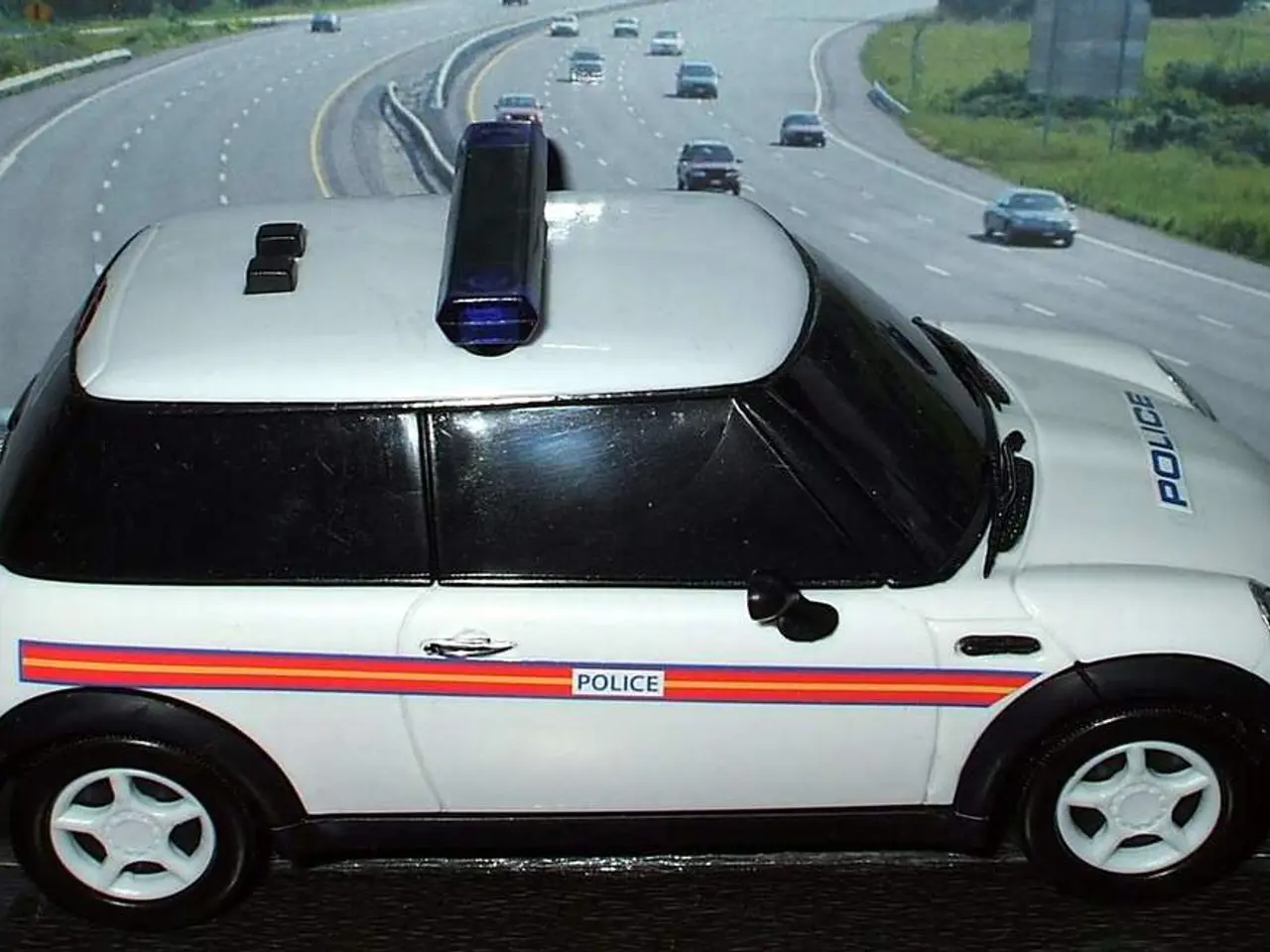Residents in a District of Columbia neighborhood, predominantly Latino, believe they are bearing the brunt of Trump's declared "crime emergency"
In the heart of the nation's capital, a federal operation has been underway since President Trump declared a "crime emergency" on Aug. 11, 2025. The operation, which has seen over 500 federal law enforcement officers, including more than 100 FBI agents, take command, has been a topic of considerable debate among residents and advocacy groups.
The operation, which includes agencies such as the U.S. Park Police, FBI, and Immigration and Customs Enforcement, as well as the D.C. police, has led to the arrest of more than 600 individuals, with over 250 being undocumented immigrants. Among the arrested are gang members, as well as individuals charged with assault, kidnapping, burglary, commercialized sex offenses, and drug smuggling.
However, the operation has sparked fear among immigrants living in the area, with many choosing to stay confined to their homes due to the increased presence of federal agents. The Migrant Solidarity Mutual Aid Network, an organizer, reports that their emergency hotline has been ringing non-stop since Trump's order. The group is now organizing volunteers to deliver food and offer assistance to those affected, as people are afraid to leave their homes.
Community and immigration advocates claim that many who are in the country legally and have no criminal record have also been arrested for minor infractions. Armed officers from several federal agencies, including U.S. Marshals, FBI, HSI, and Park Police, are conducting traffic stops and roving patrols. Critics argue that the operation appears to be targeting easy targets, with arrests for broken taillights, driving without a license, not paying the Metro fare, and riding scooters.
Janet Bernal, a Colombian immigrant, supports the idea of targeting criminals but dislikes the aggressive way the federal operation is being carried out. She expresses concern about the lack of identification on the agents' gear, with many wearing vests that simply say, "Police." Immigration rights groups find this troubling, as it can lead to confusion and potential abuse of power.
Violent crime has been a key issue for Latino voters, with nearly half voting for President Trump in 2024, the largest share for a Republican candidate in modern history. However, federal data shows that violent crime in Washington, D.C. is at its lowest level in 30 years. Despite this, President Trump's order includes exerting federal control over the city's police department and overriding a local law that limits D.C.'s cooperation with federal immigration enforcement.
The operation has also seen the deployment of about 800 D.C. National Guard troops and six Republican governors sending their own troops to D.C. However, National Guard soldiers have been largely deployed to tourist areas near national monuments, leaving the city's residents to grapple with the changes brought about by the federal operation.
D.C.'s home rule allows for an emergency federal takeover for 30 days, although President Trump has expressed a desire for Congress to extend it. As the operation continues, the impact on the city's residents and the broader implications for immigration policy remain a subject of ongoing debate.
Read also:
- ICE directed to enhance detention conditions following NYC immigrants' allegations of maltreatment
- Israeli finance minister issues warnings about potential annexation of West Bank territories
- United States faces rebuttal from South Africa over allegedly deceitful human rights report and assertions of land expropriation
- Accident at Rodalben Results in Injuries; Geoskop Area near Kusel Affected After Stormy Weather








